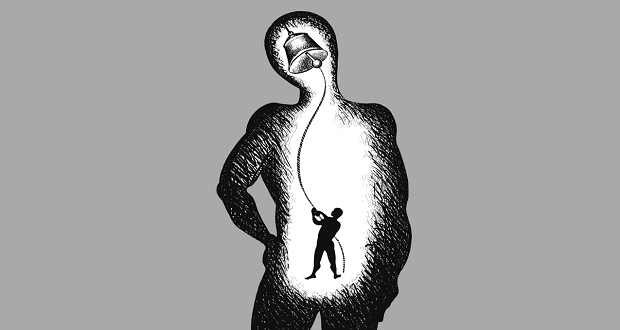
Stereotype threats are essentially unconscious biases that we hold about our own identity group. There is solid research that these unconscious biases can lead to suboptimal performance. When young girls believe that girls are not good in math they perform less well than boys on math tests. When African American students hold the belief that they are in general, not as smart as white students, their academic performance suffers. Researchers like Claude Steele and others have conducted numerous experiments that show if you take the stereotype threat away, performance disparities between dominant and non-dominant groups disappear.
In his book, Whistling Vivaldi, Steele says:
“the book is about identity contingencies—the things you have to deal with in a situation because you have a given social identity, because you are old, young, gay, a white male, a woman, Black, Latino, politically conservative or liberal, diagnosed with bipolar disorder, a cancer patient and so on.”
He goes on to say that stereotypes about different groups are so commonly held that we pretty much know when we are in a situation where a negative stereotype might be a factor.
Here are some workplace situations where stereotype threats may influence behavior:
- I was recently asked to advise an African American male on salary negotiation. The stereotype threat was that he would appear to be too aggressive or demanding to his prospective new employer. He agonized over just the right way to ask for a higher salary, continually saying, “I don’t want this to come across the wrong way” and “I don’t want them to think I am too demanding”. Nothing in his counter offer letter was pushy or demanding. As a matter of fact, I initially thought it sounded apologetic.
- I am working on a project with an Asian American woman. She come across as assertive, even to the point of being overly talkative. Sometimes she interrupts the speaker. I suspect that she does this to overcome the stereotype of the “passive, quiet Asian woman.”
- A story was related to me of a young woman engineer who was negatively labeled by her team as an overachiever and not a team player. She was seen as always trying to be “one up” on the guys. She was not very well liked. This could be a manifestation of trying to prove that women are just as good as men in technical work. However, the price she is paying is not being very well liked which could damage her chances at upward mobility.
We are likely not aware of the many adjustments we make to overcome stereotype threats. I think it is just as important to explore the impact of the unconscious bias that plays out against one’s own group as it is to explore dominant to non-dominant group unconscious bias.


















